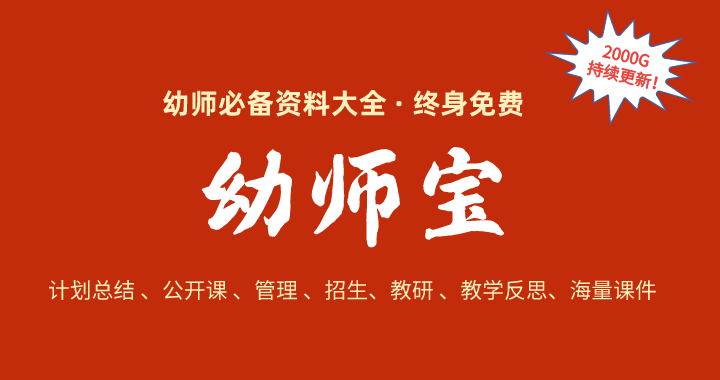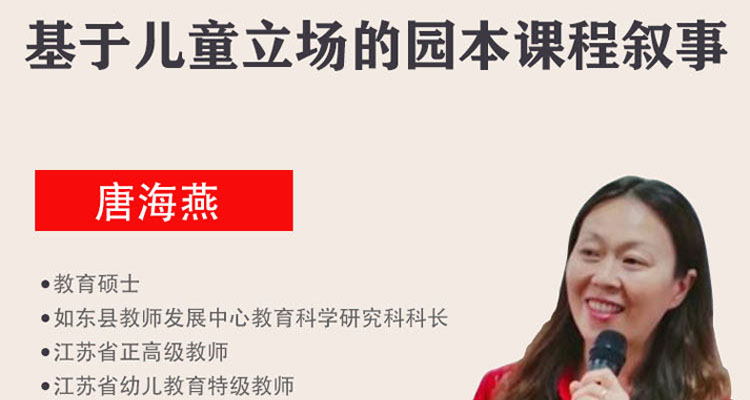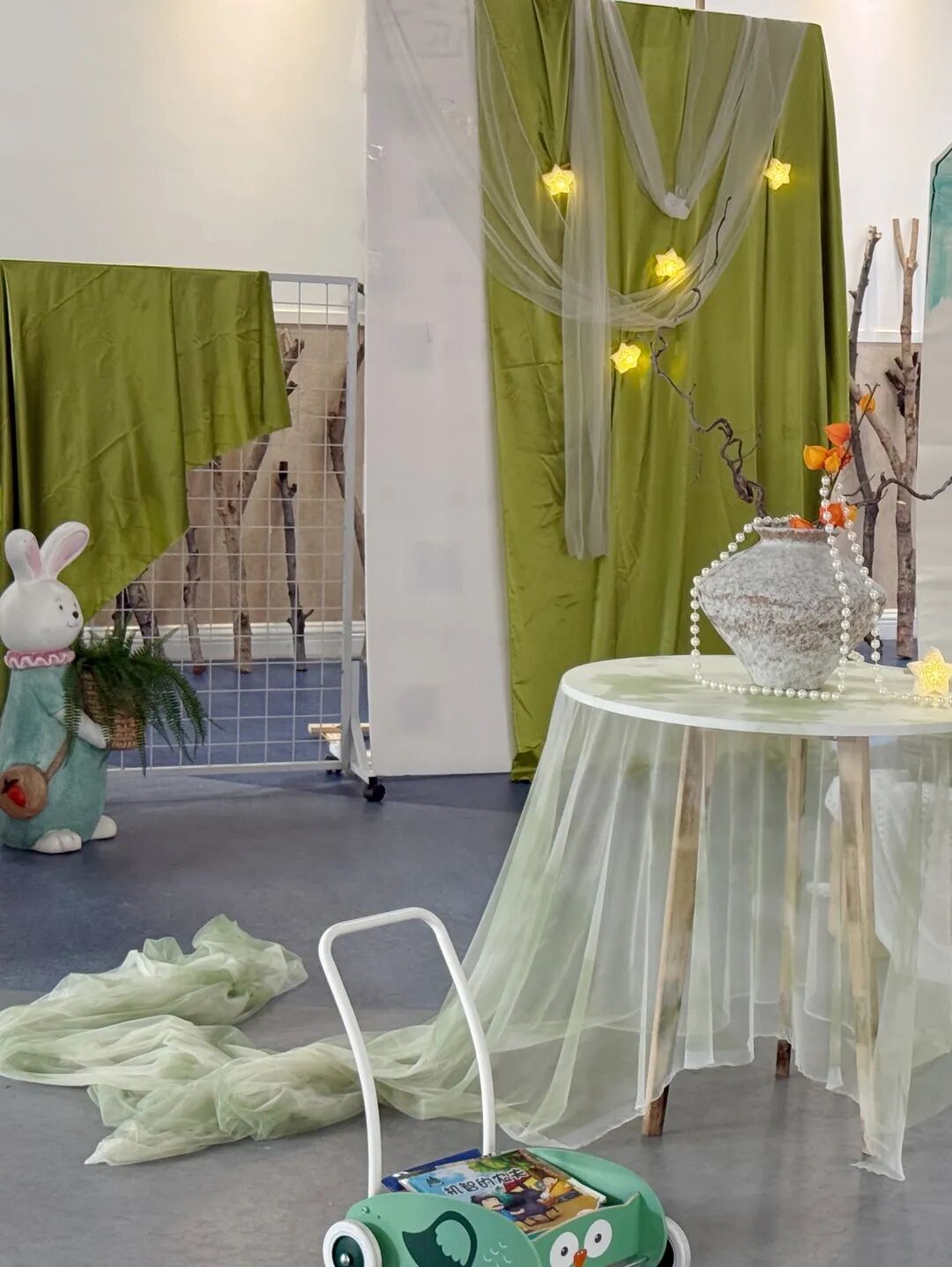通常指扫尘、祭灶的日子,
被视为“忙年”的开始。
由于南北地方风俗不同,
被称为“小年”的日子也不尽相同,
一般在农历腊月二十三或者二十四、二十五。
无论哪天过小年,
人们辞旧迎新、
迎祥纳福的美好愿望却是一致的。
从这天起年味渐浓,
家家户户开始为过年作准备,
春节的脚步渐渐临近
”
Xiao Nian, usually refers to the day of sweeping dust and offering sacrifices to stoves, is known as the beginning of “busy years”. Due to the different customs in the North and South, the days called the “Little New Year” are also different, generally they are on the 23rd or 24th and the 25th days of the twelfth lunar month. No matter which day New Year is celebrated, people’s good wishes to farewell the old and welcome the new are the same. Since these days, the atmosphere of Spring Festival becomes stronger, every family begins to prepare for the most important holiday of the year, the pace of the Spring Festival is approaching.
生活即教育、教育即生活。
浓郁的年味开始弥漫,
培基幼儿园的老师和孩子们在
动手、共同分享中了解小年,
感受小年丰富的文化内涵,
拓展生活经验。
Life is education, and education is life.
The atmosphere of Spring Festival
is feeling stronger.
Teachers and children of Baston Kindergarten
learn more about New Year,
to feel rich cultural connotation
of this holiday and to expand
their life experience.
扫 尘 土
Sweep the dust
南方人以腊月二十四为小年,称“掸尘”。北方人以腊月二十三为小年,称“扫房”。小年的前几天,家家打扫房屋,意为不让灶王爷把土带走。旧时它是先民驱疫鬼、祈安康的宗教仪式,后因“尘”与“陈”谐音,故扫尘也就是把陈旧的东西一扫而光,这既指庭院内的陈年积垢,也指旧岁中遇到的不快。
Sweep the dust
在这里,老师建议家长们尽量引导孩子一起参与家庭劳动,勤劳的品德要从小养成哦~
Southerners regard the 24th day of the twelfth lunar month as their young age, which is called “dust”. Northerners regard the 23rd day of the twelfth lunar month as their childhood, which is called “sweeping houses”. A few days before the New Year, families clean their houses, which means not to let the Kitchen Lord take away the soil. In the old days, it was a religious ceremony for the ancestors to exorcise the epidemic ghosts and pray for people`s safety. Later, because of the homophonic sound of “dust” and “Chen”, sweeping away the dust was to sweep away old things, which not only refers to the old dirt in the courtyard, but also to the unhappiness in the old age.
Here, we as the teachers, advise parents to guide their children to participate in family common work as much as possible, to cultivate their hard-working morals from an early age.
贴 窗 花
Paste window flowers
剪贴窗花是北方盛行的民俗活动,是中国民间艺术的一块瑰宝,作为我国的传统手工艺术,具有源远流长的历史。在打扫一新的屋子里贴上窗花,既是给家中增添些许过年的喜气,也寓意着新的一年定会越来越红红火火。
Cutting and pasting window decorations is a popular tradition in the North, and is a real treasure of Chinese folk arts. As China’s traditional handcrafts, it has a long history. Sticking window flowers in a newly cleaned house not only adds joy to the family, but also means that the new year is going to be more and more prosperous.
Paste window flowers
吃 饺 子
Eat dumplings
北方的每个节日几乎都有饺子的身影,小年夜吃饺子取意为“送行饺子迎风面”。山区多吃糕和荞面。晋东南地区,流行吃炒玉米的习俗,民谚有“二十三,不吃炒,大年初一一锅倒”的说法。
Dumplings can be found during almost every festival in the North. Eating dumplings on New Year’s Eve means “sending the dumplings to face the wind”. In the mountain areas people eat more cakes and buckwheat noodles. There is a popular custom of eating fried corn in south-eastern Jin, as it is said in the folk proverb “Twenty-three, don’t eat fried, pour a pot on the first day of the Lunar New Year”.
吃 灶 糖
Eat candies
灶糖,外面有一层芝麻,里边是用麦芽糖凝固而成。传说“小年”是上古神兽“年”的伙伴,喜吃灶糖,于是人们为了“小年”和灶王爷能“上天言好事”,就形成了中国人过小年吃灶糖的民俗。
Cooked sugar, a layer of sesame outside, and maltose inside. The legend says that “Xiao Nian” is the partner of the ancient mythical beast “Nian” and likes to eat stove candies. So people have formed the custom of eating stove candies during the Spring Festival.
俗话说“二十三,糖瓜粘”,过小年时,人们会买糖瓜、关东糖、麻糖等供奉,祈求灶王爷嘴甜些,上天言好事。
As the saying goes, “Twenty-three, sugar melon sticks”. During the Spring Festival, people buy sugar melons, Kanto sugar, sesame candies, and many others, to worship and pray so that the Kitchen Lord’s mouth is sweeter and God will make good things.
小年,是春节的序章,
意味着新的一年即将开始,
让我们一起更新这尘封的心境,
伴随着新春的第一缕曙光,
共同期待新春佳节的到来。
”
Xiao Nian is the prelude
to the Spring Festival,
which means that
the new year is about to begin.
Let’s update this dusty state
of mind together.
With the very first ray of dawn,
we look forward to the arrival
of the Spring Festival together.
END
扫描下方二维码
了解更多
望京园 Baston.Hope Kingdom:
(010) 64739197 64733884
太阳园 Baston.Sun Palace:
(010) 84413316 84413326
无限园 Baston. Infinity Plaza:
(010) 85738380 85738379
欧陆园 Baston.European Land:
(010) 58236013 59273452
绿城园 Baston.Green Town:
(010) 89316473 89316474
华溢园 Baston.Brilliant City:
(010) 59214810 59214820
首创园 Baston.Creation Square:
(0354) 2516655
培懿园 Baston.Virtue Garden:
(0754) 82772212 82772216
御景园 Baston.Empery Garden:
(0316) 2128662 2128379








